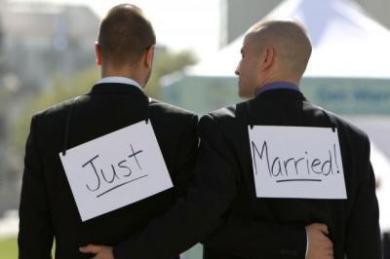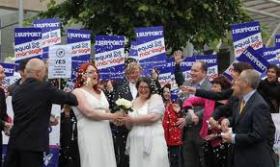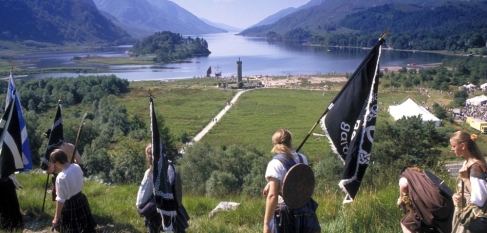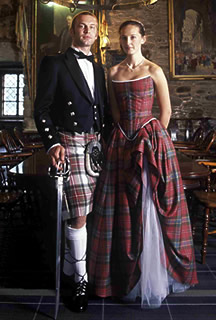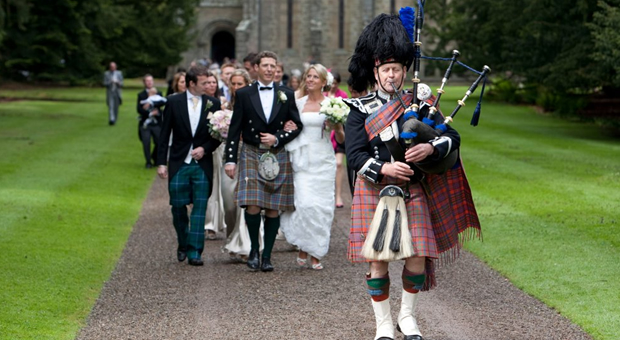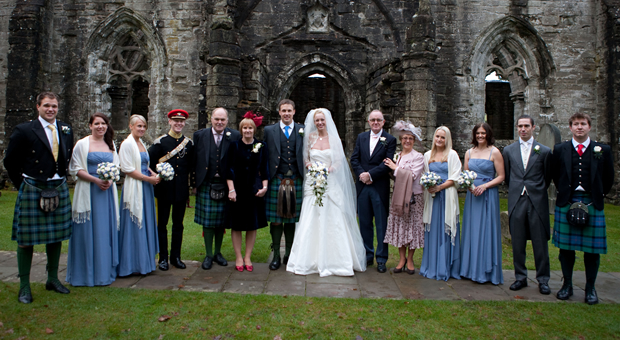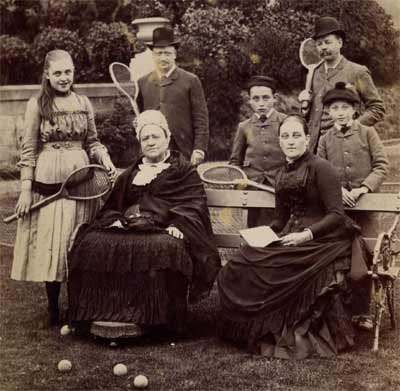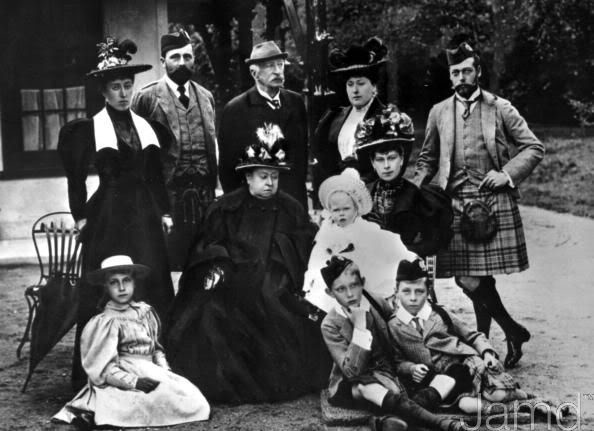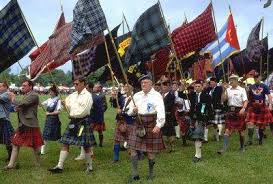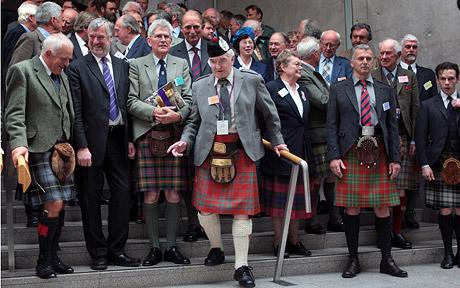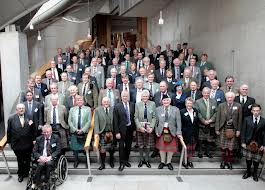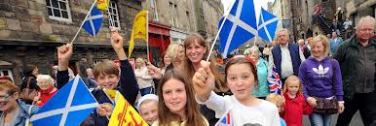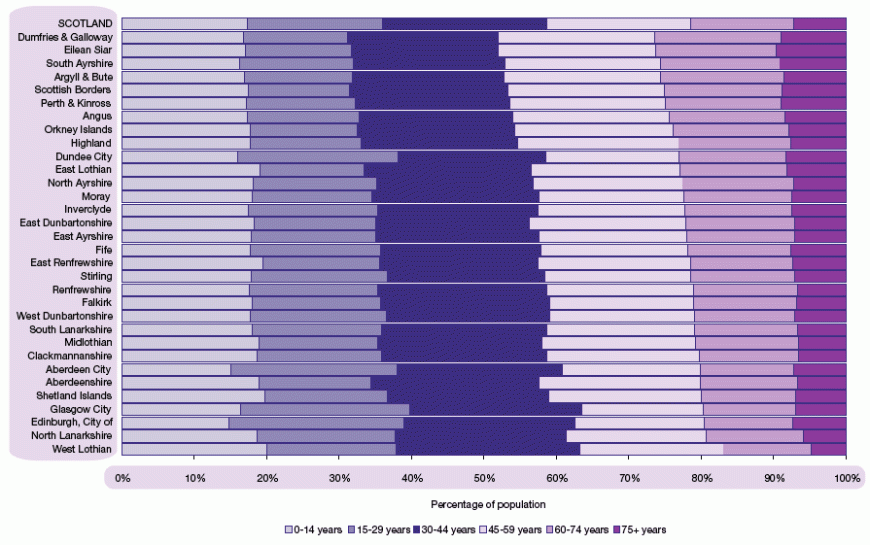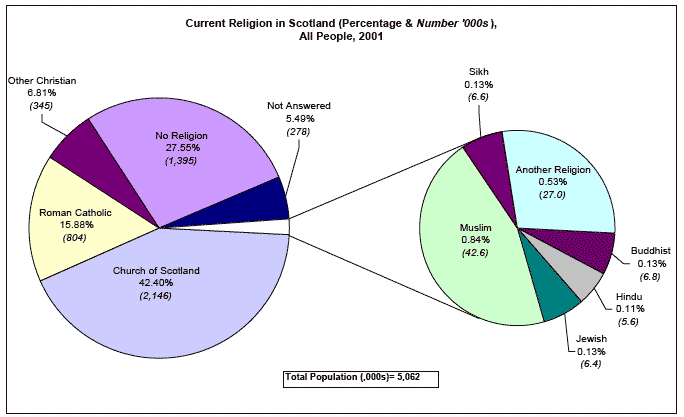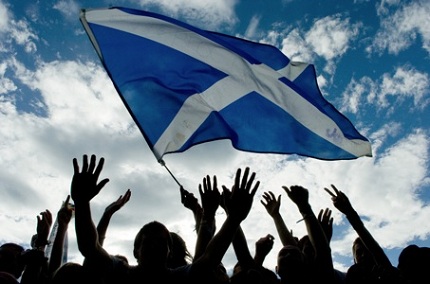The nation of five million will hold an independence referendum on September 18, 2014, at the instigation of the Scottish National Party (SNP), which runs the country’s devolved government.
Pro-independence campaigners say Scotland would keep the pound, at least in the early years of independence, and could later hold a sovereign debate on whether to switch to its own currency.
But Osborne and his deputy Danny Alexander, who is Scottish, said in a joint article that monetary union would not work as well in “a disunited kingdom”.
“The pound we share now works and it works well. Under independence all the alternatives are second best. So our question to the nationalists – are you really saying second best is good enough for Scotland?” the two men wrote.
As things stand, opinion polls suggest about 30 percent of Scottish voters favour independence while 50 percent would stick with the status quo, but those who want Scotland to remain part of the United Kingdom are not taking victory for granted.
The central government in London will publish on Tuesday a detailed analysis of the implications on currency of Scottish independence. The article by Osborne and Alexander sought to make the case against independence ahead of that report.
It said that if an independent Scotland kept the pound and thus had its monetary policy set by the Bank of England, that would amount to “handing over to what would become a foreign government key decisions over the Scottish economy”.
“This is one of the big contradictions in their (the nationalists’) whole economic approach,” the article said.
“Campaigning to ‘bring powers home’ with one hand, while giving them away with the other … It simply doesn’t add up.”
Osborne and Alexander accused SNP ministers of “tying themselves in knots” over the currency issue because in their heart of hearts they knew that economic and political union across the United Kingdom worked well.
In a speech delivered in Scotland last week, Alexander said the euro zone crisis had shown that combining monetary union with fiscal independence was challenging.
“While such arrangements can appear successful in a period of stability, they can lead to brutal readjustments in times of economic stress and uncertainty,” he said.
Osborne’s Conservative Party and Alexander’s Liberal Democrats are both against independence but are not dominant forces in Scottish politics. The opposition Labour Party, traditionally a major force there, also opposes independence.
Source: http://uk.reuters.com/article/2013/04/20/uk-britain-scotland-currency-idUKBRE93J0K020130420
